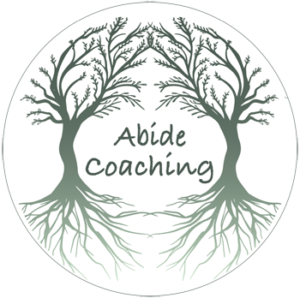As we start to unmask and move towards a post-COVID life, we should be thinking about what that means for us personally. Neurodiverse people have unique brain wiring which allows us to see the world in our own way. While this may have challenges in navigating through life, it can be a true blessing.
It is a blessing because we have strengths that others may not have. At this point, we need to use those strengths to decide the right way for us to move forward. Taking action without forethought is a common trait, but I encourage you to think about these ideas. You may do this in different ways; some may journal about these ideas while others may choose to talk about them. Using any modality to process them will help you create a post-COVID life that you want to live. We all have an opportunity to reset our lives. What is your purpose, and how are you going to get there?
Here are some thoughts to concern:
Anxiety: Some people may experience anxiety about having more social interactions after so long. We will each need to gauge our comfort level. We are all social beings, so social interactions are essential. Studies consistently agree that loneliness is bad for your health. How much social interaction is the right amount for you?
Tolerations: Tolerations are things that you are putting up with. They are the things that are hanging around that you allow to continue. They make you feel anxious, distracted, and irritated. Toleration can be anything from situations to behaviors to other people to stress to tasks. They could be a leaky faucet that still isn’t fitted to going to bed later than you want to an unsupportive friend. As we move into this new phase of our lives, let’s not carry these tolerations with us. What (or maybe who) are you tolerating? Without overwhelming yourself, start taking care of those one at a time. Do you need to call a plumber or have a talk with a friend?
Boundaries: I don’t think we do a great job teaching these concepts to our children. Boundaries are limits we set for ourselves. They might be physical, emotional, mental, sexual, or spiritual. They are the invisible lines we draw around ourselves that we nor others should violate. If you haven’t thought about boundaries before, you may want to discuss them with a coach or therapist. If you have thought about them before, how might they change as you move into your post-COVID life?
Harmony: People often say that they want to live a balanced life but, I tend to use the words harmonious life. A harmonious life is when you are fully present in the environment where you are and with the people in it. Balanced implies equal amounts of time in both work and personal life, but that often isn’t the case. What does a harmonious life look like for you? How do you spend your days?
Self-Care: As we move forward into the post-COVID world, there may be more demands on your time, like driving to work. Transitioning to new schedules and routines can be difficult for some people. What support might you need to do this so that you are continuing to provide yourself essential self-care like eating, sleeping, exercise? What other self-care have you noticed is critical for you?
Keep What Works: You may have a new appreciation for what you no longer need or want in your life. Part of my emotional self-care over COVID was to get rid of social media except for LinkedIn. It has been fantastic and something I plan to continue. I have a client who plans on continuing to work remotely because it works well for him and his family. The drive to work used to put him in a bad mood and could time away from his family that he is no longer willing to give away. What routines or habits have you created that you would like to keep?

